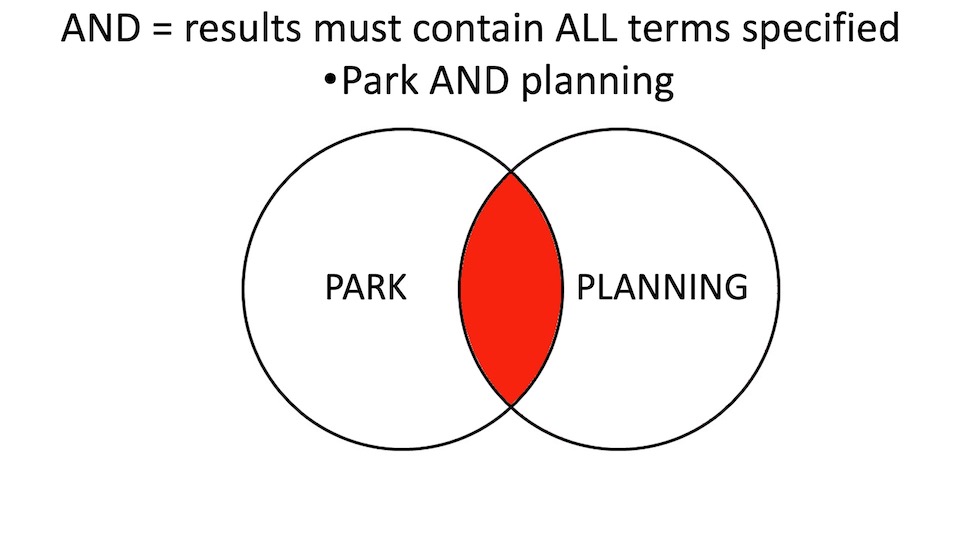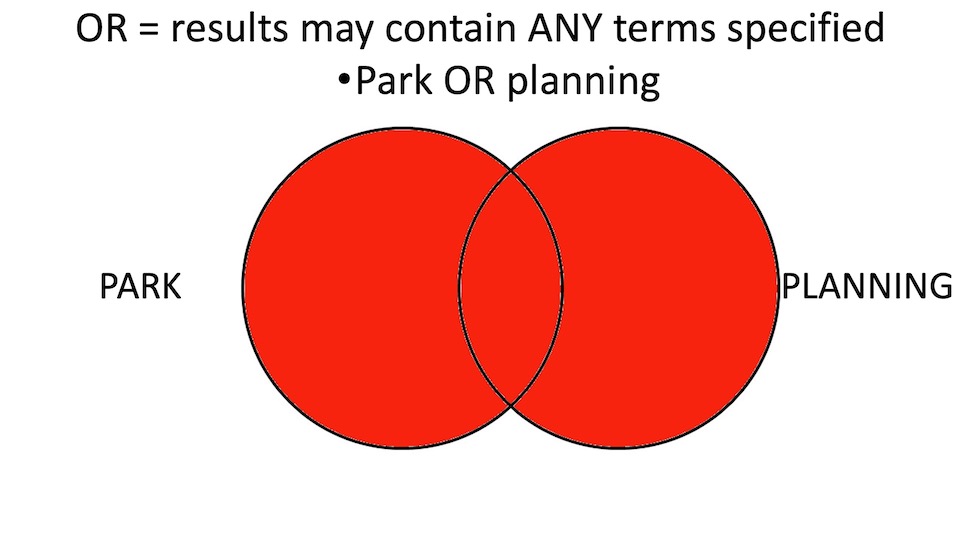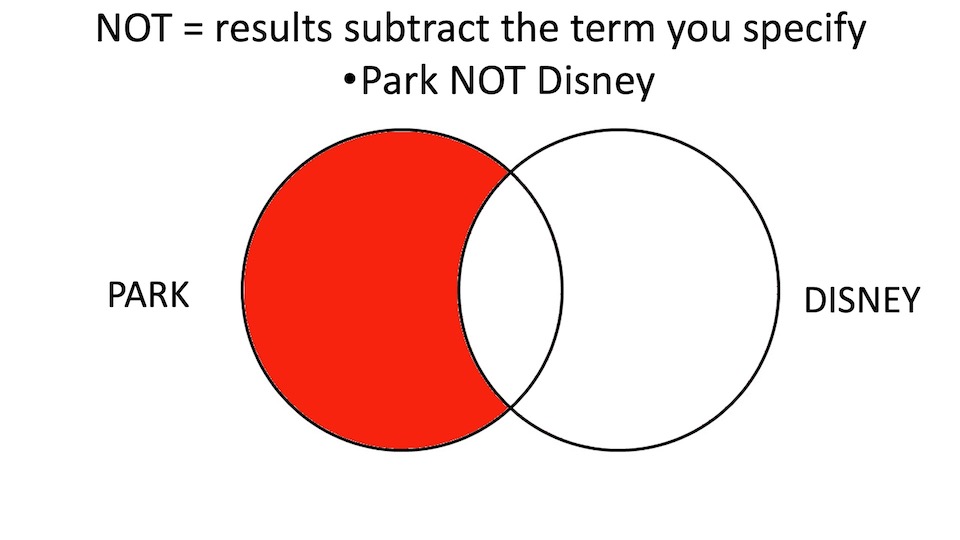Canadian Communication in Context
Course Number: CS101
Subject: Communication Studies
Please click here for updated instructions for Video Tutorial 3.
Five tips for scholarly research
- Read your topic question closely
- Note down the impportant concepts or term you need information on
- Class example 1: How has activism in Canada been shaped by media and vice versa?
- Relevant terms: activism, media, Canada
- Additional search terms:
- activism = protest, social change, social movement, campaign, grassroots
- media = journalist, journalism
- Canada = Ontario, Quebec, Atlantic Canada, Region of Waterloo, Kitchener
- Additional search terms:
- Example 2: argue for or against ownership restrictions in Canadian Media
- Relevant terms: Canada / Canadian; Convergence; Concentration; Ownership; Bias; Influence; Competition; Media; Newspapers; Radio; Television; Telecommunications; Bell (communication company, case study)
- Search on concepts, not questions
- Use research databases when you need the most precise, relevant results
- When in doubt, ask me
How to find a focus
- Developing a research question (video 5:07)
What are scholarly sources?
For the annotated bibliography, you will need 10 sources, seven of which should be scholarly: peer reviewed journal articles, academic books, government reports.
- How Can I Tell if my Source is Scholarly? (video: 4:21)
- What is a Peer-Reviewed Journal? (video: 1:42)
- How to find academic (scholarly) books? (video: 3:04)
Search techniques for specific databases
Boolean operators
- use Boolean operators to combine concepts: AND, OR, NOT (see visual representations below)
- AND - results must contain ALL terms specified
- OR - results must contain ALL terms specified
- NOT - results subtract the term you specify
Note: When searching in OMNI using the above operators, they must be in ALL CAPS
Watch a video on how this works: Better searching using AND, OR, NOT (video: 4:24)
Exact phrase search
- “EXACT PHRASE” - double quotes around words indicate an exact phrase to be searched on
Wildcards and truncation
- ? * are the 2 main characters used
- Using the ? or * character in a word searches for spelling variants
- E.g.: wom?n = woman, women
- sustainab* = sustainable, sustainability
- This character replaces between 5 to 10 characters of a word, depending on the database used
Limiters
- These are usually applied to search results
- Web of Science example: Limit to "Articles" to ensure you're retrieving research articles (vs. conference proceedings, letters to the Editor, Opinion essays)
- You can limit to specific publication years
Visual representations of boolean searching



Books and government documents
1) Use the Omni to identify items at Laurier, the Universities of Waterloo and Guelph, and the Annex
- Start with a narrow focus, then broaden to find more items
- Hint: for Canadian topics, try searching for specific provinces as well as Canada
- Check the facets at the left of the results page to focus your results
- In each book, check the tables of contents and indexes for your keywords
- Learn about call numbers
- Floor plans for locating books
- Check out books at main floor service desk
- Requesting books from other libraries
Scholarly articles
- Identify articles using a database:
Communication Studies @ EBSCOhost
Articles for Communication Studies and related disciplines. Limit search to scholarly (peer reviewed) journals.
- Communication Studies @ ProQuest Selected ProQuest databases for Communication Studies.
- CBCA Complete
- Articles from Canadian publications. Limit to peer reviewed.
- Look for full text links or try the "Get it at Laurier" button for more options
- Need more articles? Search journal titles to track down references listed in articles and books.
News articles and Government sources
- Canadian News @ ProQuest
- search a large number of news sources published in Canada
- desLibris
- Collection of Canadian books and public documents
Other resources
- Creating an annotated bibliography (video: 3:37)
- APA style: citation examples
- How to cite in APA style (video: 4:00)
- Citation style chart showing APA, MLA, and Chicago Style (updated as of 2022)
- Guide to APA 7th ed style from Purdue U OWL
What about using Google Scholar
- Be cautious when using Google scholar; get to know how to use research databases first
- Advantages: largest online index of materials in the world; good if you need to find a source and have a citation; good if using the "cited by" feature
- Disadvantages: not only scholarly materials - you can retrieve course syllabi, academic blog articles, much non-peer-reviewed material such as "white papers" or "think tank" papers; no way to retrieve only peer-reviewed articles; some predatory articles appear in results
- Instructions on how to use Google Scholar from off-campus are here
